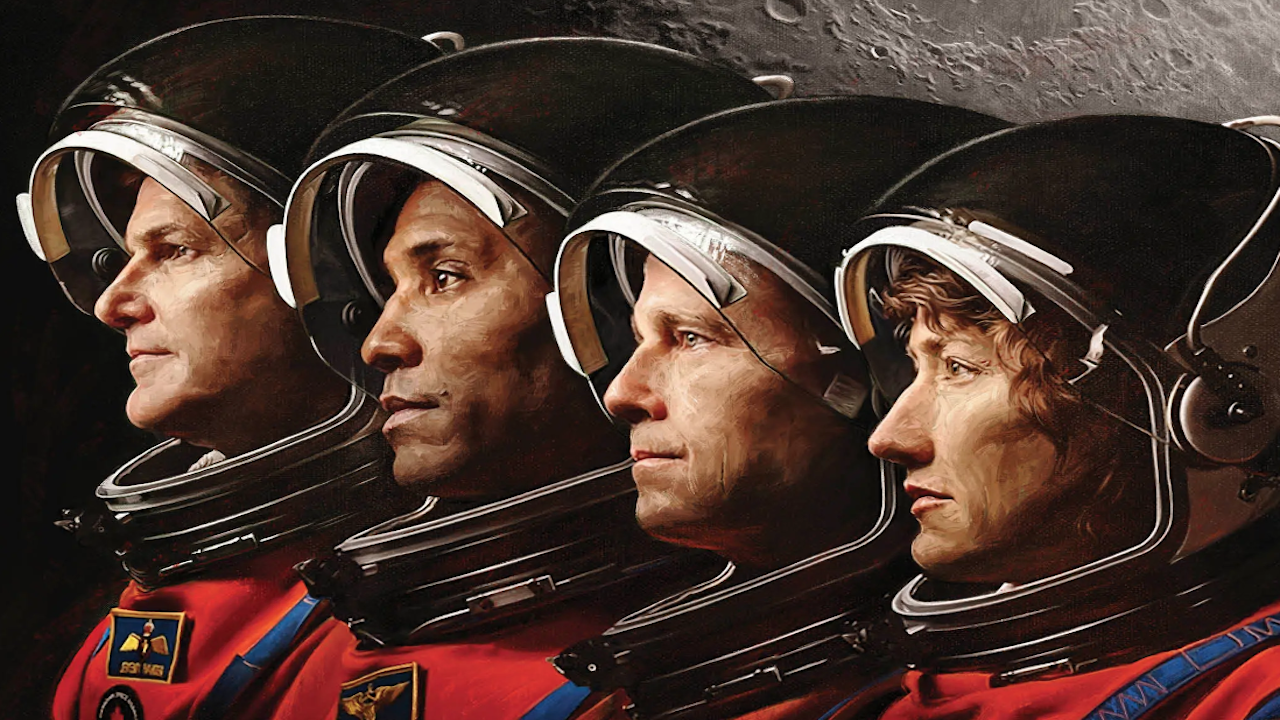Russian Proton Rocket Fails to Orbit Japanese Satellite
Two minutes after launchingfrom the Baikonur Cosmodrome in Kazakhstan tonight, a Russian heavy-liftingProton rocket suffered a malfunction of its second stage, leading to apparentdestruction of a Japanese satellite payload riding aboard the booster.
The 18-story Proton Mrocket soared away from pad 39 at 6:43 p.m. EDT (2243 GMT), marking an on-timestart for a planned seven-hour ascent to geosynchronous transfer orbit for thefour-stage launcher.
The six hydrazine-fueledfirst stage engines propelled the Proton into a clear, predawn sky over thedesert steppes of Central Asia. Riding its fiery tail of super-heated exhaust,the vehicle arced downrange with normalcy.
As the first stage wasnearing the time its engines would deplete their fuel reserves and snuff out,the four engines on the second stage were supposed to ignite, revving to fullthrottle at the same time as the spent lower stage would drop away.
The staging event, whenvisible by ground tracking cameras, always provides a dramatic spectacle in thesky with streaks of smoke as the first stage is blasted away.
But tonight somethingdidn't seem quite right.
"I just got word fromthe launch site in Baikonur that we experienced a problem with the second stageengines. Apparently they did not ignite," said Greg Gilmore, seniordirector of marketing and sales for International Launch Services.
Breaking space news, the latest updates on rocket launches, skywatching events and more!
"Therefore we are nowfaced with an anomaly that we must go and find out more about. Unfortunatelyfor our customers and everybody involved, we appear as though we've had aproblem with the second stage engines, which didn't ignite."
Without a successfulignition of the second stage, the rocket was dealt a helpless scenario ofplummeting back to Earth. An impact area for the vehicle was not immediately reported.
ILS is the U.S.-based firmthat markets Proton rockets to commercial customers. Tonight was the 42ndProton flight for ILS dating back to 1996 and the fourth to end in failure. Theearliermishaps in 1997, 2002 and 2006 were caused by problems with the upper stagemotors.
Proton's lower stages hadenjoyed a faultless track record for nearly eight years, until tonight. Themost recent trouble -- also affecting the second stage -- downed a pair ofRussian government launches in July and October 1999. Those failures weretraced to poor workmanship and debris in the engines.
Destroyed in tonight'slaunch accident was the JCSAT 11 communications spacecraft, the firstcommercial Japanese satellite to ever fly on Proton.
Russia's workhorse Proton was making its327th flight. Developed more than four decades ago, the heavy-duty rocket haslofted scores of satellites, interplanetary spacecraft and pieces of orbitingspace stations, including the International Space Station's initial control andliving quarters modules -- Zarya and Zvezda.
The JCSAT 11 spacecraft,built by Lockheed Martin, was headed for geostationary orbit 22,300 miles(36,000 kilometers) above the equator. JSAT Corp. of Tokyo would have operatedthe satellite to provide telecommunications services to Japan, the Asia-Pacific region and Hawaii.
The 8,800-pound (4,000-kilogram)craft was fitted with 30 Ku-band and a dozen C-band transponders. It had ananticipated service life of 15 years.
JSAT planned to use thesatellite as an in-space backup to the company's fleet of eight olderspacecraft.
ILS promises a fullinvestigation into the failure.
We'll update this story asmore information becomes available.
Copyright 2007 SpaceflightNow.com,all rights reserved.
Justin Ray is the former editor of the space launch and news site Spaceflight Now, where he covered a wide range of missions by NASA, the U.S. military and space agencies around the world. Justin was space reporter for Florida Today and served as a public affairs intern with Space Launch Delta 45 at what is now the Cape Canaveral Space Force Station before joining the Spaceflight Now team. In 2017, Justin joined the United Launch Alliance team, a commercial launch service provider.

